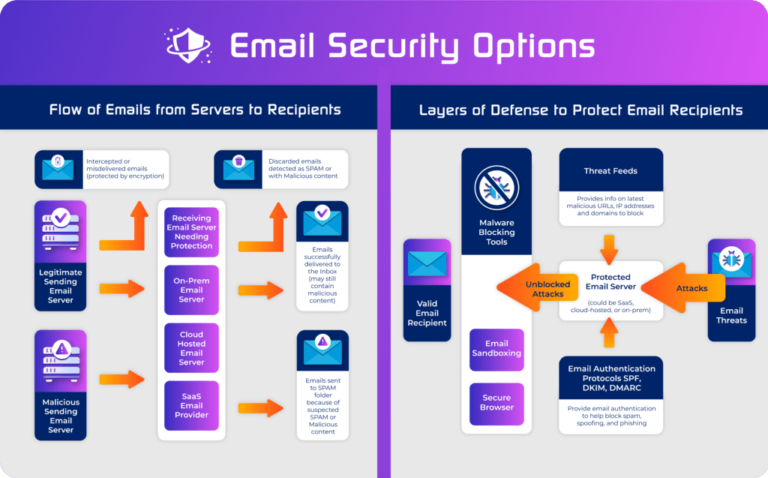Contact centers have transformed into complex teams requiring advanced solutions beyond traditional phone systems to meet modern consumers’ diverse communication preferences effectively. Choosing the right contact center software is crucial for enhancing customer experiences, streamlining service delivery, and improving overall customer engagement and satisfaction.
Understanding the Vital Role of Contact Centre Solutions in Modern Business

Contact centers have transformed from traditional call centers into multi-faceted hubs that handle a variety of customer interactions. The emergence of sophisticated contact center solutions has played a crucial role in this evolution, empowering businesses to meet customer demands efficiently. With various capabilities, these platforms facilitate communication across numerous channels, enabling seamless support regardless of where or how a customer reaches out.
The strategic importance of these systems cannot be overstated; they are not just operational tools but also critical components of a company’s customer relationship management strategy. Effective contact center software ensures that customer concerns are swiftly addressed, fostering loyalty and positive brand perception. In a landscape where customer experience can set one business apart from another, the role of these solutions is fundamental to success.
The right contact center software can yield profound operational efficiencies, reducing the time and resources needed to manage customer interactions. Advanced routing and queuing mechanisms ensure that customers are quickly connected to the most suitable service representative, thereby improving resolution times and overall satisfaction. This efficiency can lead to significant cost savings for businesses while enhancing the quality of customer interactions.
Moreover, contact center solutions can be tailored to a business’s specific needs, scalable to adjust to fluctuating customer engagement volumes, and adaptable to new communication channels as they emerge. Their versatility makes these solutions powerful assets that drive business growth through optimized customer service practices. With these points in mind, it’s clear that the right contact center software, especially the best contact centre solutions, is fundamental to modern business operations.
Importance of Integrating CRM with Contact Centre Solutions

Integrating Customer Relationship Management (CRM) systems with contact center solutions is pivotal for maintaining consistent and updated customer information. Seamless CRM integration means that every interaction with a customer can be tracked and recorded, giving agents immediate access to customer data and history. This accessibility is crucial for personalized service and informed decision-making.
With CRM data at their fingertips, agents are better equipped to anticipate customer needs, identify up-sell and cross-sell opportunities, and forge stronger customer relationships. This kind of meaningful interaction is fundamental to customer retention and lifetime value enhancement. Furthermore, a unified system ensures no customer detail falls through the cracks, leading to a more trusting and reliable customer service environment.
The strategic value of integrating CRM with contact center solutions also shines on the reporting front. Extensive customer data allows management to generate insightful reports on individual and team performances. These reports help identify areas for improvement and indicate strategic business opportunities based on customer trends and preferences.
Moreover, CRM integration often goes hand in hand with enhanced compliance and security practices. Data privacy and security are paramount considerations in customer interactions, and a unified system helps standardize data handling procedures, ensuring that sensitive information is appropriately managed and protected.
Measuring Success: Analytics and Reporting Functions in Contact Centres
Robust analytics and reporting functions are essential for measuring the efficacy of contact center operations. They provide insights into performance metrics, customer feedback, and service level agreements (SLAs). By analyzing key performance indicators (KPIs), management can make informed, data-driven decisions to enhance overall effectiveness and identify improvement areas.
Reporting functions also offer valuable insights into agent performance, helping supervisors evaluate productivity and effectiveness in handling customer interactions. This data identifies top performers and those who may require additional training, fostering a more targeted approach to personnel development and talent management within the contact center.
Analyzing customer engagement patterns and preferences informs strategic decisions regarding service offerings and operational hours, allowing businesses to allocate resources effectively during peak communication times. By incorporating predictive analytics and real-time data, modern contact center software enables proactive service adjustments and continuous improvement, ultimately providing a competitive advantage in a rapidly evolving market.
Altogether, the evolution of contact center solutions has revolutionized how businesses engage with customers, providing the tools necessary to enhance service quality and operational efficiency. By integrating these solutions with CRM systems and utilizing robust analytics, companies can create personalized experiences that foster customer loyalty and drive long-term success.







